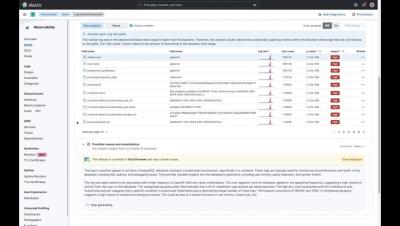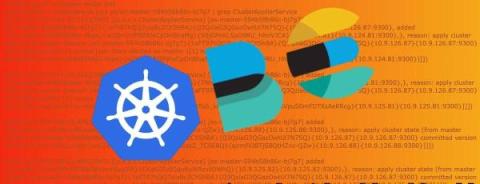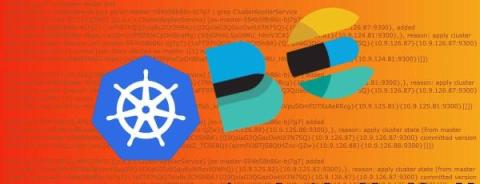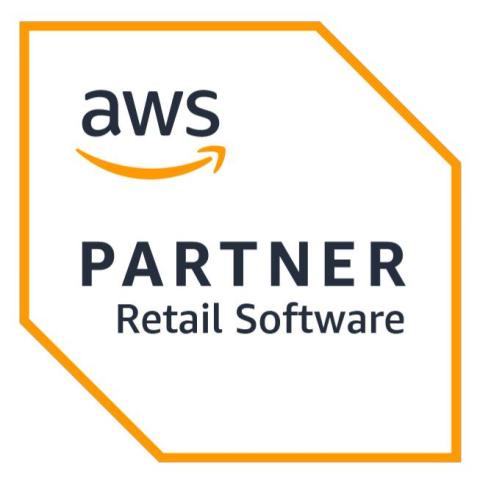Operations | Monitoring | ITSM | DevOps | Cloud
Logging
The latest News and Information on Log Management, Log Analytics and related technologies.
Best practices for instrumenting OpenTelemetry
OpenTelemetry (OTel) is steadily gaining broad industry adoption. As one of the major Cloud Native Computing Foundation (CNCF) projects, with as many commits as Kubernetes, it is gaining support from major ISVs and cloud providers delivering support for the framework. Many global companies from finance, insurance, tech, and other industries are starting to standardize on OpenTelemetry.
Kubernetes Logging with Filebeat and Elasticsearch Part 1
This is the first post of a 2 part series where we will set up production-grade Kubernetes logging for applications deployed in the cluster and the cluster itself. We will be using Elasticsearch as the logging backend for this. The Elasticsearch setup will be extremely scalable and fault-tolerant.
Kubernetes Logging with Filebeat and Elasticsearch Part 2
In this tutorial, we will learn about configuring Filebeat to run as a DaemonSet in our Kubernetes cluster in order to ship logs to the Elasticsearch backend. We are using Filebeat instead of FluentD or FluentBit because it is an extremely lightweight utility and has a first-class support for Kubernetes. It is best for production-level setups. This blog post is the second in a two-part series. The first post runs through the deployment architecture for the nodes and deploying Kibana and ES-HQ.
Cloud Monitoring: What It Is & How Monitoring the Cloud Works
Splunk Achieves AWS Retail Competency Status
Correlation Does Not Equal Causation - Especially When It Comes to Observability [Part 1]
Introducing query rules in Elasticsearch 8.10
We’re excited to announce query rules in Elasticsearch 8.10! Query rules allow you to change a query based on the query terms they are searching for, or based on context information provided as part of the search query.











